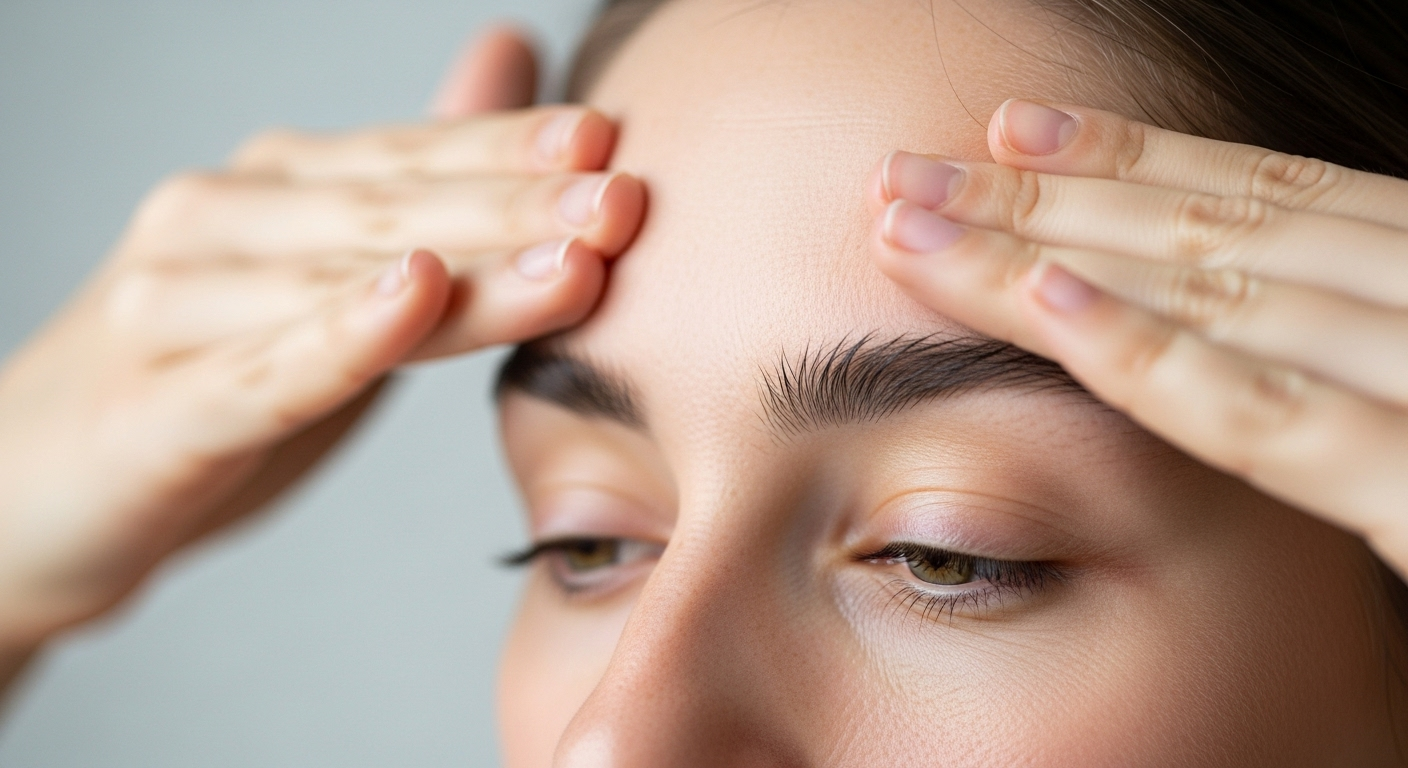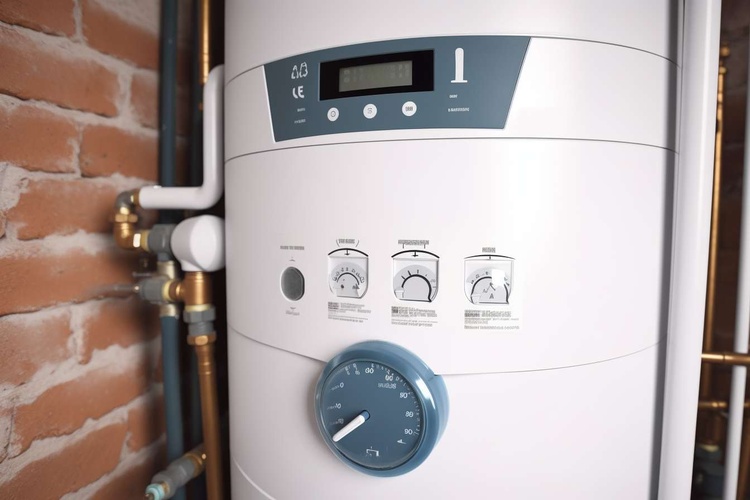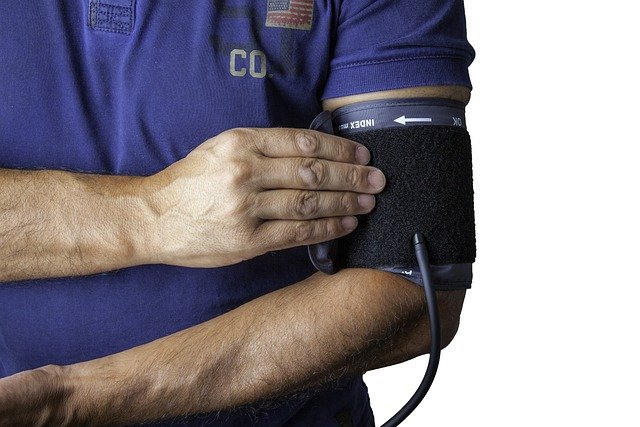Body Massages: More Than Just Relaxation
There are many ways to unwind, but one ancient practice continues to stand out as a proven remedy for both physical and emotional wellness: the body massage. Stress has become a constant companion for many of us in today’s fast-paced world, with more news and information than we can healthfully process constantly beamed our way. Between long workdays, family responsibilities, and nonstop screen time, it’s no wonder our minds and bodies feel tense, tight, and overwhelmed. Enter the body massage. Massage therapy is more than a feel-good treat—it’s a powerful tool for health and healing.

How does massage reduce stress and relieve muscle tension?
Massage therapy is widely known for its ability to reduce stress and alleviate muscle tension. When a skilled massage therapist applies pressure to the body, it triggers a relaxation response, lowering cortisol levels and promoting the release of endorphins, the body’s natural feel-good chemicals. This process helps to calm the nervous system, reducing feelings of anxiety and promoting a sense of well-being.
Additionally, massage techniques such as kneading, rubbing, and stretching help to loosen tight muscles and break down adhesions in the connective tissue. This can provide relief from chronic pain conditions, such as lower back pain or neck tension, which are often exacerbated by stress and poor posture. Regular massage sessions can help maintain muscle flexibility and prevent the build-up of tension, contributing to long-term pain management and improved physical comfort.
Can massage improve blood circulation and immune function?
One of the lesser-known benefits of massage therapy is its positive impact on circulation and immune function. The pressure and movements applied during a massage help to stimulate blood flow throughout the body. This increased circulation delivers more oxygen and nutrients to tissues and organs, promoting healing and overall health.
Furthermore, massage has been shown to have a positive effect on the lymphatic system, which plays a crucial role in immune function. By stimulating lymph flow, massage can help remove toxins from the body and enhance the circulation of immune cells. This boost to the immune system may help the body fight off infections and reduce the frequency of illnesses.
How does massage improve mental clarity and concentration?
The mental benefits of massage extend beyond stress reduction. Many people report improved mental clarity and concentration following a massage session. This cognitive boost can be attributed to several factors. First, the relaxation induced by massage helps to clear the mind of distracting thoughts and worries, allowing for better focus.
Additionally, the increased blood flow resulting from massage includes improved circulation to the brain. This can enhance cognitive function, leading to better memory, sharper focus, and increased productivity. Regular massage therapy may be particularly beneficial for individuals dealing with mental fatigue or those in high-stress occupations requiring sustained concentration.
What role does massage play in enhancing skin health?
While often overlooked, massage can play a significant role in promoting skin health. The mechanical action of massage stimulates the skin and underlying tissues, which can improve skin tone and texture. This stimulation increases blood flow to the skin, delivering nutrients and oxygen that contribute to a healthy, glowing complexion.
Massage also encourages lymphatic drainage, which can help reduce puffiness and swelling, particularly around the face and eyes. Some massage techniques, when combined with appropriate oils or lotions, can help hydrate the skin and improve its elasticity. Regular massage may even contribute to a more youthful appearance by promoting cellular renewal and reducing the appearance of fine lines.
How does massage encourage a mind-body connection?
One of the most profound benefits of massage therapy is its ability to foster a stronger mind-body connection. During a massage, individuals are encouraged to focus on their breath and bodily sensations, promoting mindfulness and awareness of physical and emotional states. This heightened awareness can lead to a better understanding of one’s body, including areas of tension or discomfort that may have been previously overlooked.
The mindful aspect of massage can also serve as a form of meditation, allowing individuals to disconnect from daily stressors and tune into their physical selves. This practice of mindfulness can extend beyond the massage session, encouraging individuals to be more in tune with their bodies in daily life. Over time, this improved mind-body connection can lead to better self-care habits, stress management, and overall well-being.
Massage therapy offers a multitude of benefits that go well beyond simple relaxation. From reducing stress and muscle tension to improving circulation, enhancing skin health, and fostering a stronger mind-body connection, regular massages can play a significant role in maintaining physical and mental well-being. As research continues to uncover the many advantages of this ancient practice, massage therapy is increasingly being recognized as a valuable component of a comprehensive approach to health and wellness.
This article is for informational purposes only and should not be considered medical advice. Please consult a qualified healthcare professional for personalized guidance and treatment.




